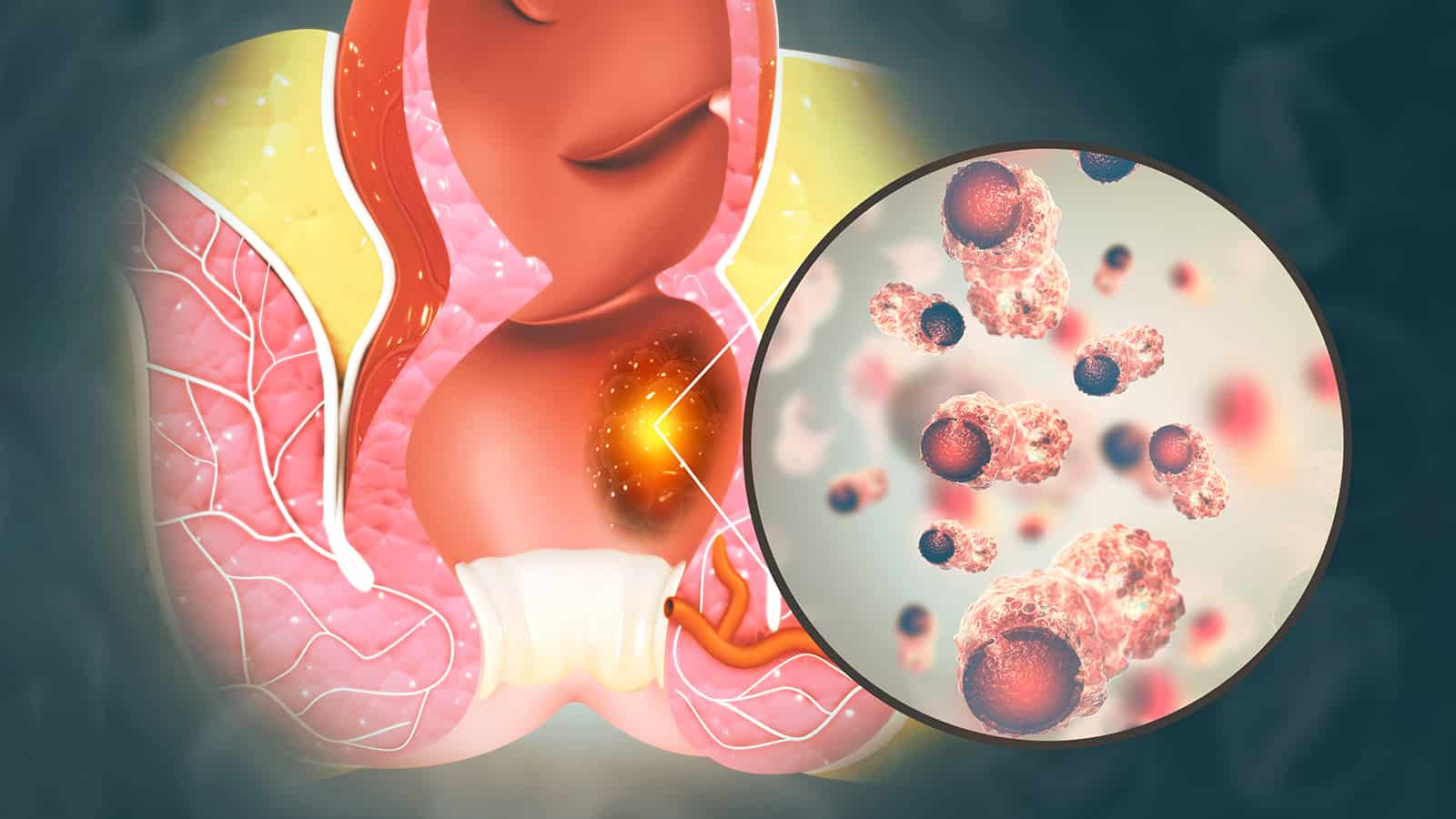Senthil Kumar, Medical Oncologist at Red Hills, Chennai shared a post on X:
“Comprehensive Overview of First-Line Treatment for Metastatic Anal Cancer.
1. InterAACT Trial
Arms: Cisplatin plus 5-fluorouracil (5-FU) vs. carboplatin plus weekly paclitaxel.
Carboplatin/Paclitaxel:
Progression-Free Survival (PFS):
8.1 months.
Overall Survival (OS):
20 months.
Cisplatin/5-FU (Comparator Arm):
Progression-Free Survival (PFS):
5.7 months.
Overall Survival (OS):
12.3 months.
2. FOLFCIS Regimen
Progression-Free Survival (PFS):
7.1 months.
Overall Survival (OS):
22.1 months.
3. DCF (Docetaxel, Cisplatin, and 5-Fluorouracil) Regimen
Efficacy:
Progression-Free Survival (PFS):
11 months.
Toxicity:
Grade 3 or Higher Adverse Effects: 83% in the DCF regimen.
Patient Selection:
Best suited for younger, fit patients (Performance Status 0), particularly in high-volume disease, oligometastatic cases, or when rapid response is critical.
Significant toxicity limits its use to selected cases.
4. Modified DCF
Progression-Free Survival (PFS):
11 months.
Toxicity:
Grade 3 + Adverse Effects: 53%, lower than the standard DCF regimen.
Patient Selection:
A viable option for slightly less fit or elderly patients (Performance Status 1).
5. Cisplatin/5-Fluorouracil (Cis 5-FU)
Progression-Free Survival (PFS):
5.7 months (as per InterAACT trial).
Overall Survival (OS):
12.3 months.
Objective Response Rate (ORR): noted to be high ( 60-75%), but responses were often not sustained.
6. FOLFOX Regimen
Efficacy: Limited data in metastatic anal cancer; more commonly used in colorectal cancers.
Role of Immunotherapy
7. POD1UM-303/InterAACT 2 Trial
Arms: Retifanlimab (anti-PD-1) combined with standard chemotherapy (carboplatin and paclitaxel) vs. chemotherapy alone.
Efficacy:
Progression-Free Survival (PFS):
Median PFS was 9.3 months in the combination arm compared to 7.4 months in the chemotherapy-alone arm (HR 0.63; p=0.0006).
Overall Survival (OS):
A trend toward improved OS was observed with the combination therapy (29.2 months vs. 23.0 months; HR 0.70; p=0.0273).
Significance:
This trial represents the largest randomized study in metastatic unresectable anal cancer, indicating that adding retifanlimab to chemotherapy may become a new standard of care.
8. SCARCE-PRODIGE 60 Trial
Study Type: Phase II study.
Arms: DCF with or without atezolizumab as first-line treatment in anal cancer.
Efficacy:
12-Month Progression-Free Survival (PFS): 44.2% in the experimental arm.
Objective Response Rate (ORR): 74.6% in the experimental arm.
Grade 3 Toxicities: 59.0% in the experimental arm.
Outcome – negative trial.
Final Insights
The best regimen for first-line treatment of metastatic anal cancer remains carboplatin plus weekly paclitaxel, as demonstrated by the InterAACT trial.
Other acceptable regimens include:
Next best option: FOLFCIS, particularly in cases where carboplatin/paclitaxel is not feasible.
DCF: Recommended for young, fit patients with high-volume disease, oligometastases, or when a rapid response is required. However, the significant toxicity profile (83% Grade 3+) limits its use to carefully selected cases.
Modified DCF: Suitable for slightly less fit or elderly patients, offering comparable efficacy with reduced toxicity (53% Grade 3+).
Cisplatin/5-FU: Shows a high objective response rate (ORR), but responses are often not sustained, making it less favorable compared to other regimens.
FOLFOX: A reasonable alternative with limited supporting data.
New Emerging Standard of Care: The POD1UM-303 combination of retifanlimab with carboplatin and paclitaxel is showing promising data and may redefine the standard of care in the near future.
HIV and HPV Status: Currently, these factors do not influence treatment strategies, as evidence does not indicate differential outcomes based on these statuses.”
